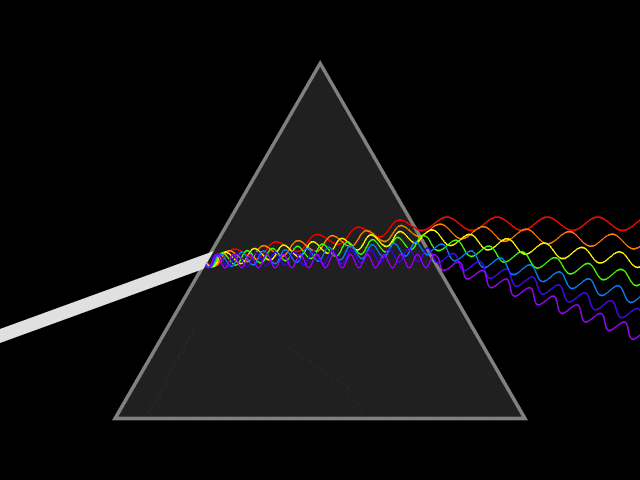2 unstable releases
Uses old Rust 2015
| 0.2.0 | Jun 26, 2018 |
|---|---|
| 0.1.0 | Jun 24, 2018 |
#105 in #step
1MB
122 lines
Prismatic
An experimental Rust crate for decomposing the initialization of structs.

Overview
A common idiom in Rust is to define a new function that initializes a struct.
Sometimes this function can get quite large. If you try to decompose it into
steps, you're often left with complicated signatures on private functions:
impl Webpage {
pub fn new(title: &str) -> Self {
let window = Self::fetch_window();
let document = Self::fetch_document();
let body = Self::fetch_body(&document);
let canvas = Self::create_canvas(&document);
let context = Self::fetch_context(&canvas);
Self::set_page_title(&document, title);
Self::reset_styles(&document, &body);
Self::add_canvas_to_page(&body, &canvas);
Self::resize_canvas(&body, &canvas);
Self::bind_resize_event(&window, &body, &canvas);
Webpage { window, document, body, canvas, context }
}
fn fetch_body(document: &Document) -> Body {
document.body().expect("failed to fetch body")
}
fn bind_resize_event(window: &Window, body: &Body, canvas: &canvas) {
// ...
}
// ...
}
Prismatic
Prismatic provides a macro to make this a bit easier. It generates a special
Init struct that can be used for initialization, reducing the overhead of
extracting functions for each of the steps:
#[macro_use]
extern crate prismatic;
#[derive(New)]
#[Sig = "title: &str"]
struct Webpage {
window: Window,
document: Document,
body: Body,
canvas: Canvas,
context: Context,
}
impl Init {
fn init(&mut self, title: &str) {
self.fetch_window();
self.fetch_document();
self.fetch_body();
self.create_canvas();
self.fetch_context();
self.set_page_title(title);
self.reset_styles();
self.add_canvas_to_page();
self.resize_canvas();
self.bind_resize_event();
}
fn fetch_body(&mut self) {
let body = self.document().body().expect("failed to fetch body");
self.set_body(body);
}
fn bind_resize_event(&self) {
// ...
}
// ...
}
In the example above, the fetch_body function uses the the document() getter
method and sets the body with the set_body() setter method. Getters and
setters are automatically generated for all fields in your struct during
initialization.
Usage
Here's a minimal example:
#[macro_use]
extern crate prismatic;
#[derive(New)]
struct Foo { bar: usize }
impl Init {
fn init(&mut self) {
self.set_bar(123);
}
}
let foo = Foo::new()
assert_eq!(foo.bar, 123);
The Sig attribute (short for Signature) can be used if the initializer
requires additional arguments:
#[derive(New)]
#[Sig = "x: usize"]
struct Foo { bar: usize }
impl Init {
fn init(&mut self, x: usize) {
self.set_bar(x);
}
}
let foo = Foo::new(123);
assert_eq!(foo.bar, 123);